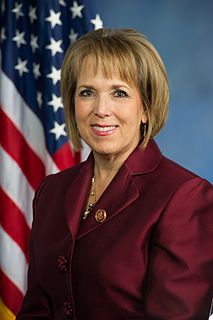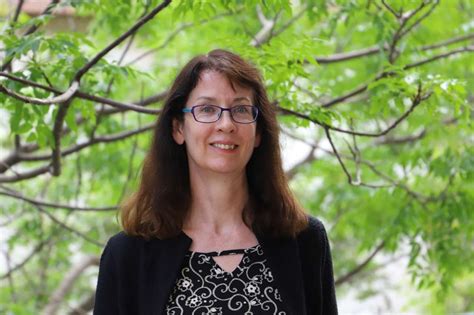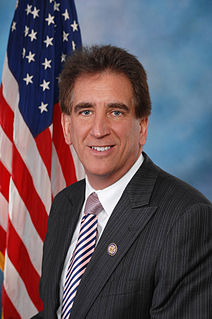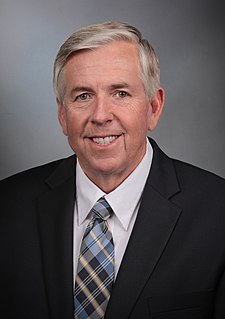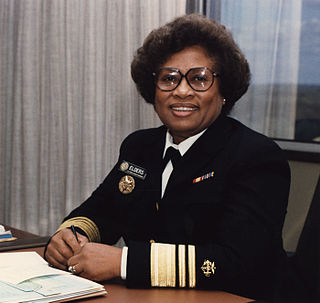A Quote by Michelle Lujan Grisham
Are we going to be risk-averse about health care, education, child well-being, or are we going to set aside those attitudes, which we find in government all too often, and lead?
Related Quotes
Just as a moral distinction is drawn between "those at risk" and "those posing a risk", health education routinely draws a distinction between the harm caused by external causes out of the individual's control and that caused by oneself. Lifestyle risk discourse overturns the notion that health hazards in postindustrial society are out of the individual's control. On the contrary, the dominant theme of lifestyle risk discourse is the responsibility of the individual to avoid health risks for the sake of his or her own health as well as the greater good of society.
I think the Scandinavian health systems are better when it comes to preventative care than the German system, because in the Scandinavian systems, the government is really more active in defining treatment, goals and defining health priorities. The German system is a competitive system with little government intervention. The price for this is that the government cannot set a health agenda. And the Scandinavian systems have little competition, so you often do have waiting lists. But on the other hand, you then have the government which can push for prevention.
We don't know what our health care costs are going to be. We don't know what our tax rates are going to be. We don't know what our interest rates are going to be. We don't know what our energy costs are going to be. All these uncertainties are being driven by the Government's agenda. What we really need to do is get Government to step back.
People aren't going to go bankrupt anymore if they have a serious illness, which was a serious issue here in the country before the Affordable Care Act. And, in fact, the expense of expanding health care for those who need the subsidy is picked up by the federal government for most of the early years.
Including health care. We're going to end up with better health care at a lower price. People are going to pay less and they're going to have a lower deductible.You know, the biggest - the second biggest problem, other than premiums, with Obamacare is the deductibles. They're so high, nobody's going to get to use them.
In Burma, we need to improve education in the country - not only primary education, but secondary and tertiary education. Our education system is very very bad. But, of course, if you look at primary education, we have to think in terms of early childhood development that's going back to before the child is born - making sure the mother is well nourished and the child is properly nurtured.
Health is more than absence of disease; it is about economics, education, environment, empowerment, and community. The health and well being of the people is critically dependent upon the health system that serves them. It must provide the best possible health with the least disparities and respond equally well to everyone.
